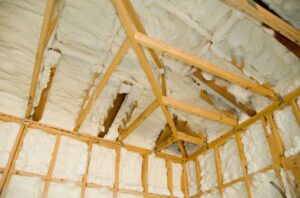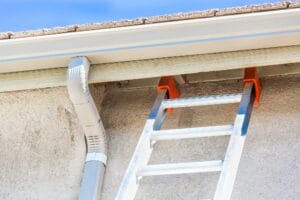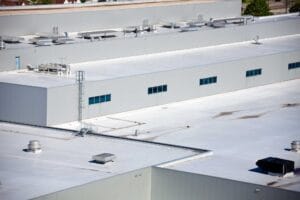Commercial buildings in Springfield, like many other areas, often feature flat roofs due to their practicality and cost-effectiveness. While flat roofs have their advantages, they are also susceptible to specific issues that require careful monitoring and timely maintenance. Property owners and managers should be aware of these common problem areas to ensure the longevity and functionality of their flat roof systems. In this article, we will explore three prevalent issues that can commonly affect commercial flat roofs in Springfield and discuss the importance of addressing them promptly.
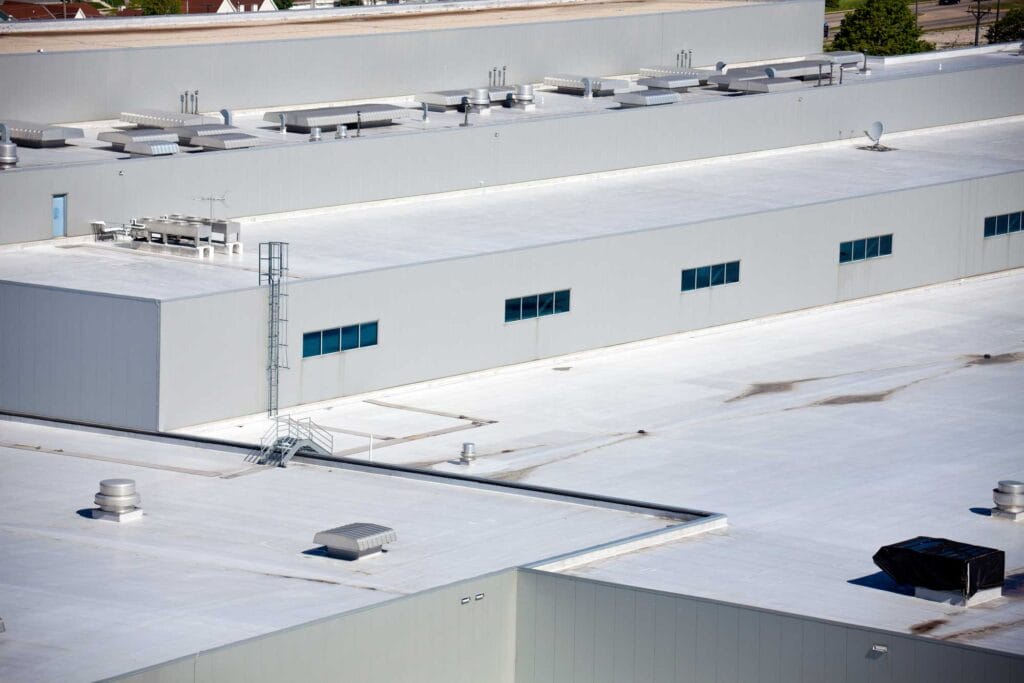
Pooling Water and Poor Drainage
Flat roofs are inherently prone to water pooling because they lack the natural slope that pitched roofs have. Pooling water can become a significant concern, especially during Springfield’s rainy seasons or winter snowfalls. Prolonged water exposure can lead to various problems, including:
- Leakage: When water accumulates on the roof’s surface, it can find its way through seams, joints, or damaged areas, causing leaks that can damage the interior of your building.
- Weight Load: Excessive water buildup adds significant weight to the roof structure, potentially exceeding its design capacity and leading to structural damage or even collapse.
- Membrane Deterioration: Pooling water can accelerate the deterioration of roofing materials, particularly in areas where the water stands for an extended period. This can result in the need for costly repairs or premature roof replacement.
To address this issue, commercial property owners should ensure their flat roofs are equipped with proper drainage systems, including gutters and downspouts. Regular inspections and maintenance are essential to prevent or alleviate water pooling problems.
Membrane Damage and Punctures
Flat roofs typically feature a single-ply membrane or built-up roofing system designed to provide waterproofing and protection. Over time, these roofing materials can become vulnerable to damage from various sources, including:
- Foot Traffic: Frequent foot traffic, particularly during rooftop maintenance or HVAC servicing, can lead to punctures or tears in the roofing membrane.
- Weather Exposure: Springfield experiences a range of weather conditions, from extreme heat to freezing temperatures. These weather extremes can cause the roofing materials to expand and contract, potentially leading to cracks or membrane separation.
- Debris and Fallen Branches: Debris carried by the wind or fallen branches can puncture the roofing membrane, creating entry points for moisture.
To prevent membrane damage, property owners should establish access restrictions to the roof, conduct regular inspections to detect punctures or tears, and promptly address any issues identified. Routine maintenance and protective coatings can also extend the life of the roofing membrane.
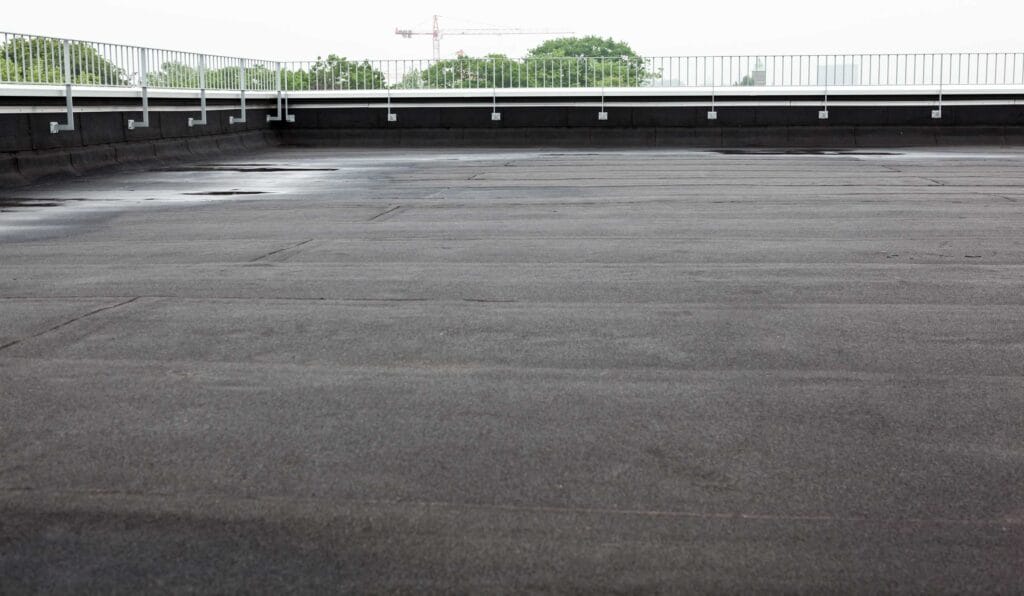
Flashing and Sealant Failures
Flashing and sealants play a crucial role in preventing water intrusion around roof penetrations, such as vents, HVAC units, skylights, and chimneys. However, these components are vulnerable to deterioration over time due to exposure to UV rays, temperature fluctuations, and severe weather conditions. When flashing and sealants fail, it can lead to leaks and moisture-related problems inside the building. Signs of flashing and sealant issues include:
- Visible Gaps or Separation: Flashing or sealant materials may pull away from roof penetrations or appear cracked, allowing water to infiltrate.
- Water Stains on Interior Ceilings or Walls: These stains often indicate that water is penetrating the building’s envelope, signaling a flashing or sealant problem.
Regular roof inspections by professionals, like Titan Roofing, can help identify flashing and sealant failures. Timely repairs or replacements of damaged components can prevent costly interior damage and maintain the integrity of the roof.
In conclusion, commercial flat roofs in Springfield require vigilant maintenance to address common problem areas such as water pooling, membrane damage, and flashing and sealant failures. Property owners should invest in regular roof inspections and maintenance to ensure their flat roofs remain watertight and functional. By promptly addressing these issues, property owners can extend the lifespan of their roofs, avoid costly repairs, and provide a safe and secure environment for their tenants and businesses. If you suspect any issues with your commercial flat roof, don’t hesitate to contact experts like Titan Roofing today for professional assessment and solutions tailored to your specific roofing needs.

